Dementia, a Common Form of Alzheimer's

Dementia is a term for a group of conditions that affect your ability to think, remember, and perform everyday tasks. It is a progressive disease, meaning it gets worse over time. While it’s more common in older adults, it doesn’t affect everyone as they age.
What Increases Your Risk?
There are several factors that can increase your risk of developing dementia. These include:
- Age:
The risk goes up significantly after 65. - Lifestyle:
Unhealthy habits like smoking, excessive alcohol, and physical inactivity can contribute. - Medical Conditions:
High blood pressure, diabetes, and obesity are risk factors. - Mental Wellbeing:
Depression and social isolation can also play a role.
Understanding the Signs
Dementia manifests in different ways for everyone. However, some common early signs include:
- Memory lapses:
Forgetting recent events or conversations. - Disorientation:
Getting lost in familiar places or struggling with directions. - Difficulty with tasks:
Trouble with daily activities like managing finances or following directions. - Communication issues:
Losing track of conversations or struggling to find words. - Changes in mood and behavior:
Feeling anxious, withdrawn, or easily frustrated.
Different Forms of Dementia
Alzheimer’s disease is the most common form of dementia, but there are others. These include vascular dementia, frontotemporal dementia, and dementia with Lewy bodies. Each has its own underlying cause and affects different parts of the brain.
Living with Dementia
While there’s no cure for dementia, there are ways to manage symptoms and improve quality of life. These include:
- Staying active:
Physical and mental stimulation can help maintain cognitive function. - Healthy habits:
Eating a balanced diet, getting enough sleep, and managing stress are crucial. - Medications:
Certain medications can help manage symptoms in some forms of dementia.
Supporting Someone with Dementia
Caring for someone with dementia can be challenging. Here are some tips to help you provide the best support:
- Educate yourself:
Learn about the specific needs of their condition. - Stay connected:
Spend time with them and engage in activities they enjoy. - Seek help:
Don’t be afraid to ask for support from family, friends, and professional caregivers. - Take care of yourself:
It’s vital to prioritize your own well-being to avoid burnout.
Reducing Your Risk
While age is a factor, there are ways to lower your risk of developing dementia:
- Maintain a healthy lifestyle:
Eat well, exercise regularly, and manage stress. - Keep your mind active:
Challenge yourself with mental activities like reading, learning new skills, and puzzles. - Manage chronic conditions:
Control your blood pressure, cholesterol, and blood sugar levels. - Stay socially connected:
Maintain strong relationships and participate in social activities.
Dementia and Your Rights
People with dementia deserve to be treated with respect and dignity. They have the right to make choices about their care as much as possible.
Remember, you are not alone in this journey. By working with NeuroCogniAI healthcare team and staying informed, you can navigate the challenges of Alzheimer’s with knowledge, compassion, and a focus on living well

